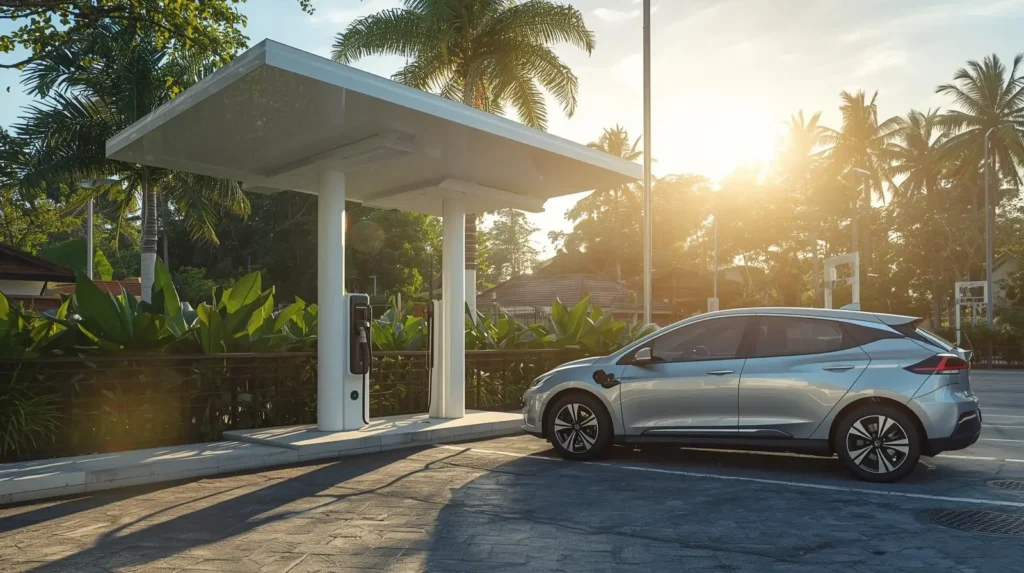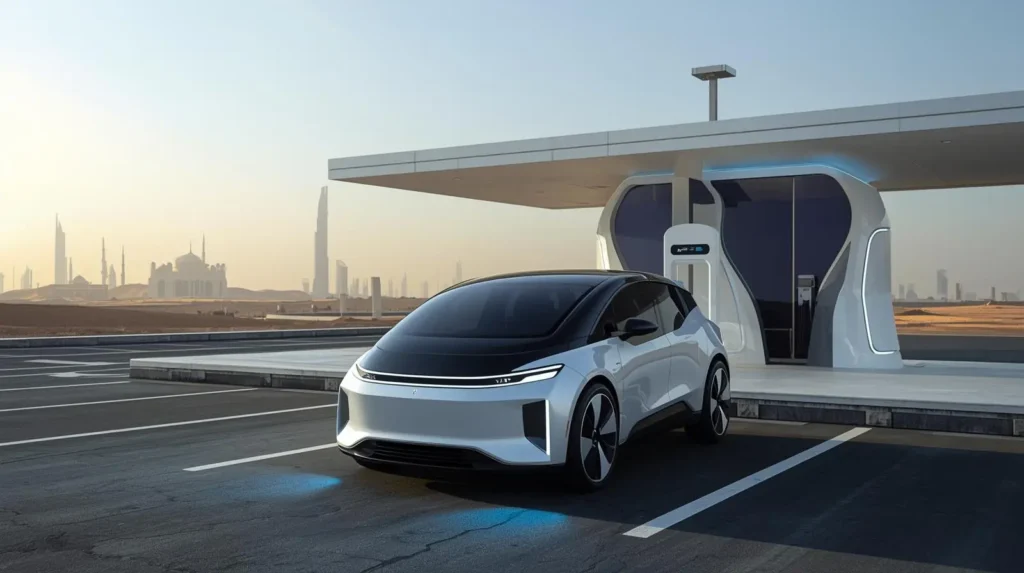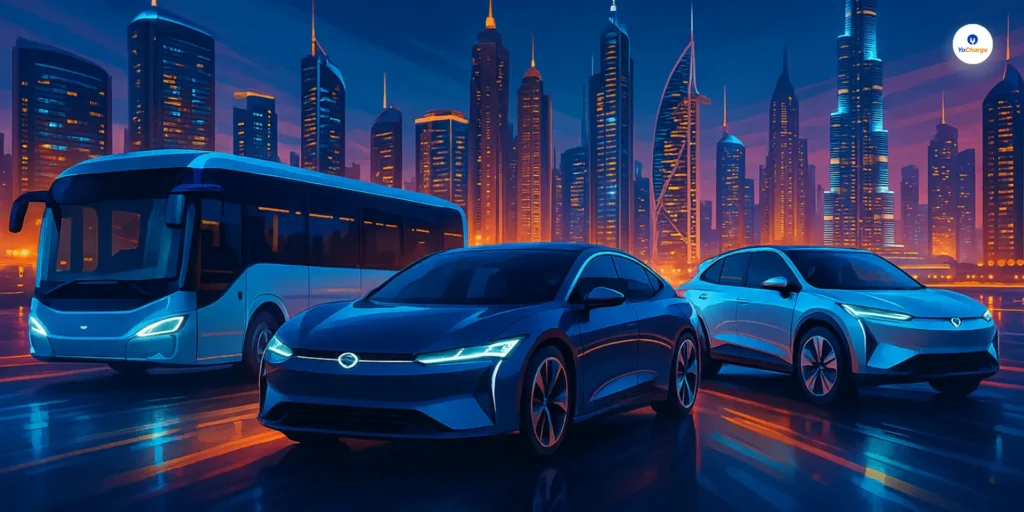
Electric cars are amazing, but many wonder why are ev so expensive? While they promise to save on fuel and maintenance, the upfront cost often surprises buyers.
Let’s explore why electric vehicles come with such high price tags and whether these costs will change over time.
New Technology Always Costs More
When new technology appears, it is always expensive. Early adopters pay a premium to try the latest innovations. This was true for early electric cars, which cost much more than gas-powered vehicles.
Over time, prices often drop, but electric vehicles have not entirely followed this trend.
For example, the Nissan Leaf was once the most affordable electric vehicle. Today, luxury options like the Tesla Model S and Rivian trucks cost significantly more.
While some brands, like Chevrolet and Hyundai, reduced their EV prices, others raised them.
Tesla increased prices throughout 2022 and 2023 but later cut prices to boost demand. Rivian, a new player, tried raising prices across the board in 2022. This included pre-ordered vehicles.
After customer backlash, Rivian honored the original prices for early orders. These examples show how electric vehicles break conventional pricing rules.
Batteries Are Expensive
The electric car revolution depends on batteries. These batteries are the most important and costly part of any EV. Unlike traditional car batteries, EV batteries must provide long-range, fast charging, and high performance.
Battery costs have dropped by 80% in the last decade, yet electric cars remain pricey. Automakers constantly invest in better battery technology, improving range, charging speed, and durability. These advancements require money, which keeps EV prices high.
Additionally, batteries depend on rare minerals. Shortages of these minerals, along with supply chain issues, increase costs. The pandemic and global chip shortages also impacted battery production, further driving up electric car prices.
Performance and Luxury Add to the Price
Modern electric vehicles offer features once unimaginable. Consider the Ford F-150 Lightning, an electric version of America’s favorite truck. It is powerful, luxurious, and packed with technology.
However, this capability comes at a price. The base model starts at $56,000, much higher than a gas-powered F-150.
Most buyers prefer mid-range trims with extra features, which can add tens of thousands of dollars to the price.
Luxury brands like Rivian and Tesla push this trend even further. They market electric cars as high-performance machines with cutting-edge designs. This strategy allows them to charge premium prices.
Traditional automakers like Toyota and Hyundai also price their electric vehicles competitively. They aim to attract buyers by offering features similar to rivals.
However, even affordable EVs like the Chevy Bolt are still more expensive than comparable gas-powered cars.
Cars Are Expensive in General
It is not just electric cars; gas-powered cars are pricey too. The average cost of a new EV in 2023 was $12,000 higher than a gas car. This price gap may shrink as more companies produce EVs. However, supply and demand heavily influence pricing.
Tesla and other EV makers often struggle to meet demand, leading to long wait times. These delays sometimes result in price hikes, frustrating buyers. Gas-powered vehicles face similar issues.
Popular models like the Kia Telluride were also hard to find and expensive in recent years. Until car prices drop overall, electric vehicles will remain costly.
Also Read: China is Winning the Race for 5-Minute EV Charging
The Future of Electric Car Costs
So, why are electric cars so pricey? The answer lies in expensive batteries, luxury features, and overall car market trends. While battery costs are dropping, demand for better technology keeps prices high.
Governments and automakers are working to make electric vehicles more affordable.
Tax incentives, new battery technology, and mass production could lower costs over time. For now, buyers must weigh the long-term savings of EVs against their upfront costs.
As the market grows and competition increases, the dream of affordable electric cars may soon become a reality. For now, though, it’s clear that owning an EV still comes with a premium price tag.



